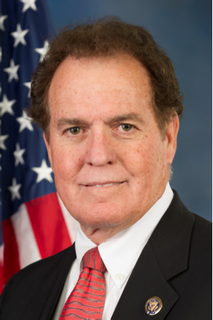A Quote by Seth Berkley
As demonstrated by the emergence of the Mexican swine flu in the U.S., infectious diseases have little respect for borders; helping developing countries detect and deal with their diseases is the surest way for us to protect ourselves from new and potentially devastating epidemics.
Related Quotes
Our countries are weaker: they cannot protect us from imported goods, they can't protect us from climate change, they cannot protect us from epidemics. These things cross borders. But the kind of cooperation that would protect us from those things was completely lacking and because of this there's been a backlash. People feel vulnerable.
Many diseases including malaria, dengue, meningitis - just a few examples - these are what we call climate-sensitive diseases, because such climate dimensions for rainfall, humidity and temperature would influence the epidemics, the outbreaks, either directly influencing the parasites or the mosquitoes that carry them.
Especially working in infectious disease, it's very interesting because these infectious diseases, these agents, they evolve over time. So it's very much an arms race and understanding how each changes to protect itself and to continue. And so it's very much this puzzle-solving but with this great urgency and importance in what you find.





































